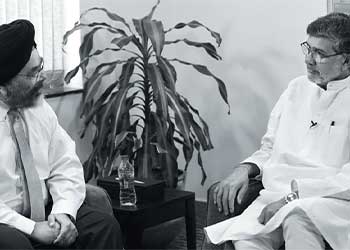Building a Monitoring and Evaluation System for Better Governance: Lessons for India from other Countries
The Bharti Institute of Public Policy organised a symposium on “International Experience with Monitoring and Evaluation in Government” where former...
Read more













